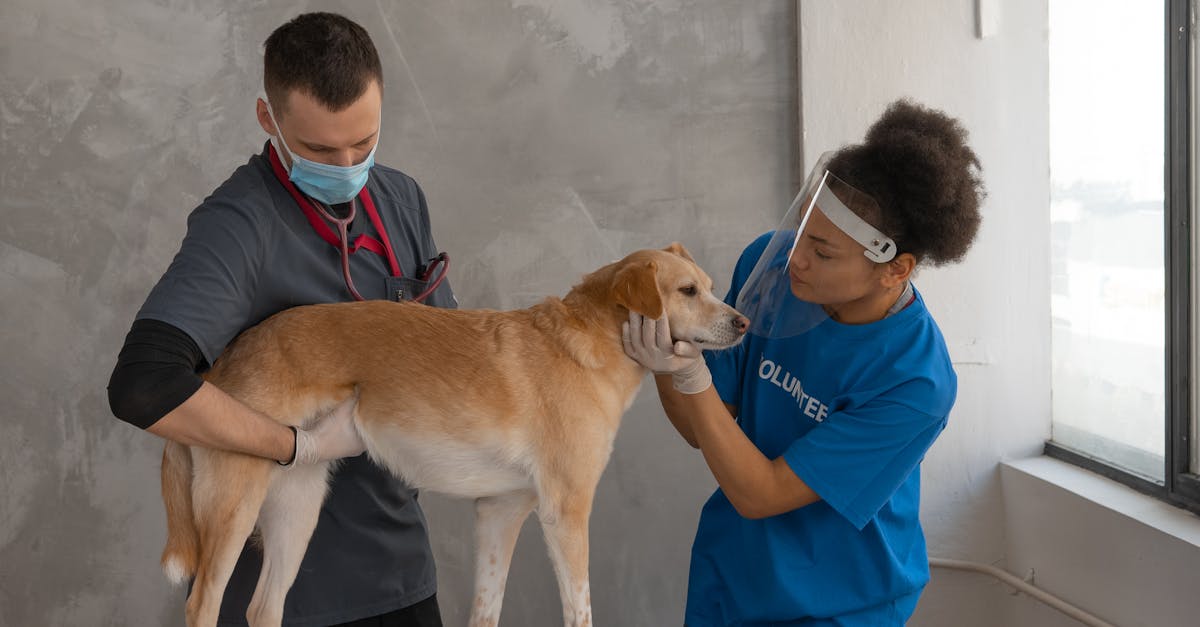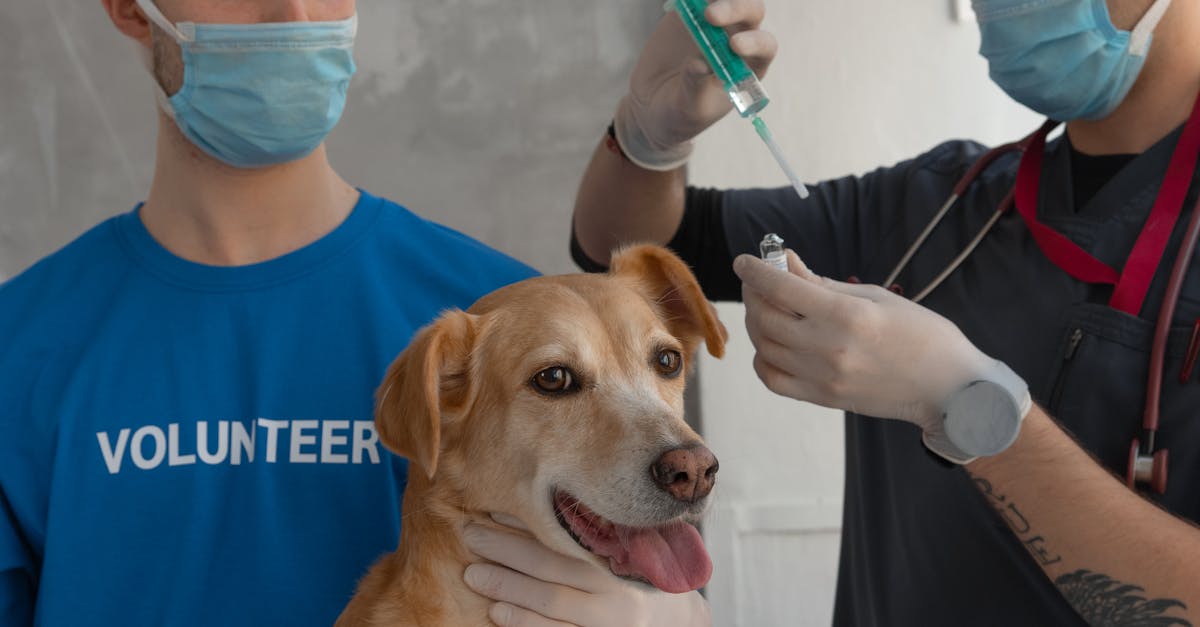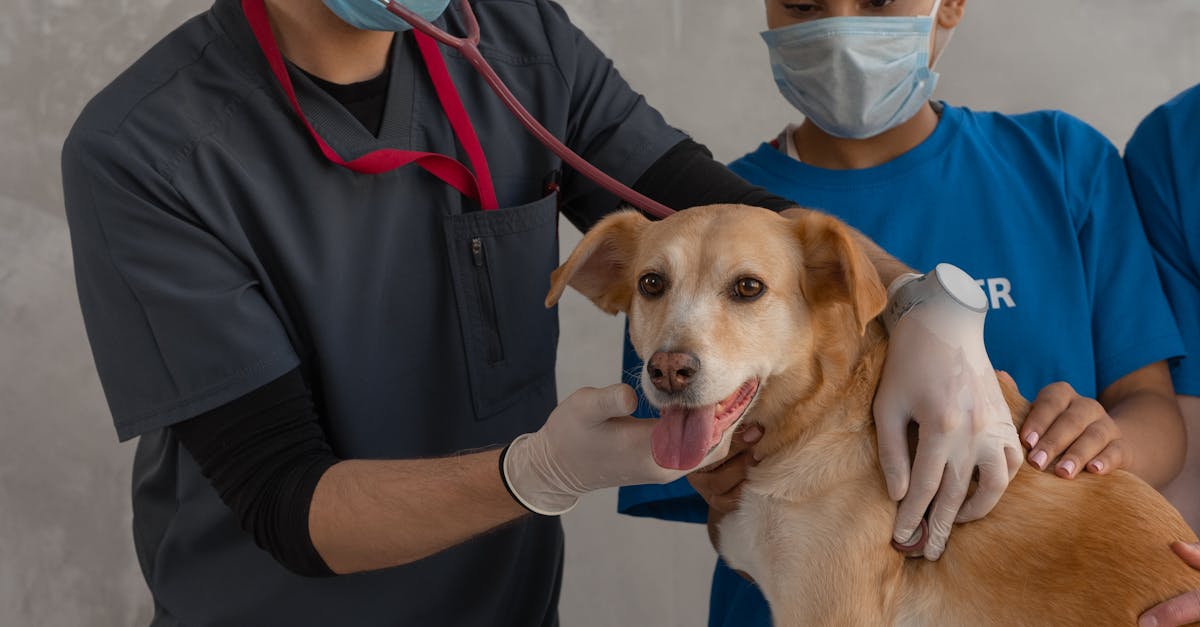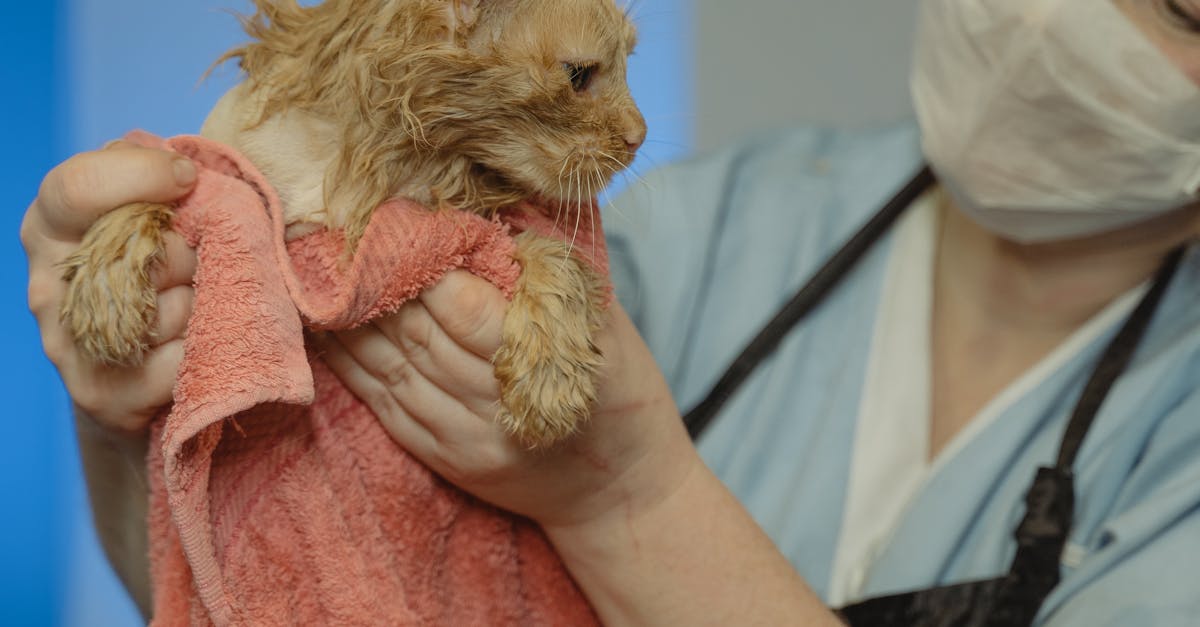Unveiling a Hidden Issue
The other day, I was struck by a startling revelation about pet antibiotics that I couldn’t help but notice. Picture this: you’re at the vet, and your furry friend is prescribed antibiotics. It’s common knowledge that antibiotics are essential for treating bacterial infections, but have you ever wondered why they’re prescribed so frequently? Interestingly enough, the reality is far more complex and concerning than it appears.
To put it simply, the overuse and misuse of antibiotics in pets mirror the alarming trends seen in human medicine. If you’re like me, you’ve probably been there, trusting the vet’s advice without a second thought. But now that I think about it, there’s a lot more to the story. Here’s a thought: what if the very medications meant to heal our pets are contributing to a larger, more insidious problem?
The Antibiotic Conundrum
The Rise of Antibiotic Resistance
Ever wonder why antibiotics seem less effective over time? The answer lies in antibiotic resistance—a phenomenon where bacteria evolve to withstand the effects of these drugs. This isn’t just a human problem; it’s affecting our pets too. What’s fascinating is that antibiotic resistance can spread between animals and humans, creating a vicious cycle of inefficacy and increased health risks.
-
Statistics to Consider:
- A study by the CDC found that at least 2.8 million people in the U.S. get an antibiotic-resistant infection annually.
- Veterinary reports indicate a similar trend, with resistant infections becoming more common in pets.
The Over-Prescription Dilemma
I’ve often wondered why antibiotics are prescribed so liberally. The reality is that vets, much like human doctors, face pressure to provide quick fixes. Pet owners expect immediate relief for their beloved animals, and antibiotics often seem like the best solution. However, this approach can lead to over-prescription and misuse.
-
Factors Contributing to Over-Prescription:
- Owner Expectations: Pet owners often expect antibiotics for any ailment, pushing vets to prescribe them even when unnecessary.
- Diagnostic Challenges: Vets sometimes prescribe antibiotics as a precautionary measure due to difficulties in diagnosing bacterial infections accurately.
The Impact on Pet Health
Short-Term Relief vs. Long-Term Harm
Here’s a story: a friend’s dog was prescribed antibiotics for a minor skin infection. While the infection cleared up quickly, the dog later developed severe gastrointestinal issues. I’ve learned that antibiotics can disrupt the natural balance of good bacteria in the gut, leading to long-term health problems.
-
Potential Side Effects of Antibiotics:
- Diarrhea and vomiting
- Loss of appetite
- Allergic reactions
- Development of antibiotic-resistant bacteria
The Importance of Proper Diagnosis
If I had to guess, many pet owners are unaware of the importance of proper diagnosis before administering antibiotics. Vets should ideally conduct tests to confirm bacterial infections, but this isn’t always the case. The thing is, without accurate diagnosis, antibiotics can do more harm than good.
-
Steps for Accurate Diagnosis:
- Physical Examination: Initial check-up to assess symptoms.
- Laboratory Tests: Blood tests, urine analysis, and cultures to identify the specific bacteria.
- Imaging: X-rays or ultrasounds if needed to locate infections.
Alternatives and Solutions
Exploring Non-Antibiotic Treatments
Now that you know the risks, what are the alternatives? There’s something to be said for exploring non-antibiotic treatments. Natural remedies and supportive care can often manage or even resolve infections without the need for antibiotics.
-
Non-Antibiotic Approaches:
- Probiotics: To maintain gut health and boost the immune system.
- Herbal Remedies: Certain herbs have antibacterial properties.
- Proper Hygiene: Regular cleaning and grooming to prevent infections.
The Role of Responsible Pet Ownership
In my opinion, responsible pet ownership includes being informed about the medications your pet is receiving. You can probably relate to the desire to do what’s best for your pet, but it’s crucial to ask questions and seek second opinions when necessary.
-
Questions to Ask Your Vet:
- Is an antibiotic necessary for this condition?
- Are there any alternatives?
- What are the potential side effects?
- How should the antibiotic be administered for best results?
Taking Action: What You Can Do
Educate Yourself and Others
One time, I attended a pet health seminar where a vet emphasized the importance of education. The more you know about antibiotics and their effects, the better equipped you’ll be to make informed decisions.
- Resources for Pet Owners:
Advocate for Better Practices
Advocacy can drive change. If you’re like me, you believe in the power of collective action. Advocate for better diagnostic practices and responsible antibiotic use in veterinary medicine.
-
How to Advocate:
- Support organizations promoting responsible antibiotic use.
- Share information with fellow pet owners.
- Encourage vets to adopt more rigorous diagnostic protocols.
The Path Forward
A Future of Responsible Antibiotic Use
The shocking truth about pet antibiotics is a wake-up call for all pet owners. The overuse and misuse of these drugs not only endanger our pets but also contribute to a broader public health crisis. By being informed, asking the right questions, and exploring alternatives, we can protect our pets and ourselves from the perils of antibiotic resistance.
Here’s a funny thing: the solution isn’t just in the hands of vets—it’s in ours too. By taking proactive steps and advocating for responsible practices, we can ensure a healthier future for our furry friends.
Final Thoughts
That reminds me of a quote by Mahatma Gandhi: “The greatness of a nation and its moral progress can be judged by the way its animals are treated.” It’s funny how this rings true even in the context of something as seemingly mundane as antibiotics. As someone who cares deeply about their pets, you’d be surprised how much impact you can have by staying informed and making conscientious choices.
Now you know the truth about pet antibiotics. The next time you visit the vet, remember to ask those crucial questions and consider the long-term health of your pet. The path to better health starts with informed decisions and responsible actions. 🐾
For more information on pet health and responsible antibiotic use, visit American Veterinary Medical Association and Centers for Disease Control and Prevention.













